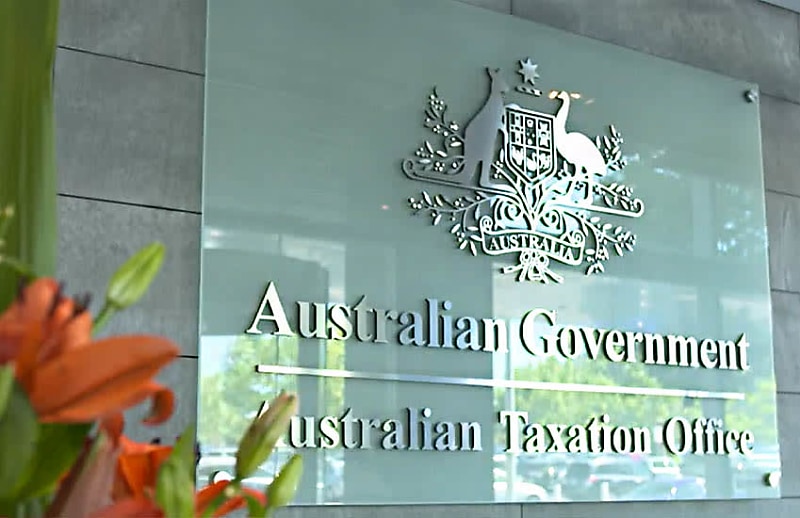ATO issues warning as GST fraud surges in property and construction
RegulationAs GST remains front of mind for the profession, the Tax Office is turning its attention to cracking down on GST fraud in property and construction.

The ATO has pledged to home in on GST misconduct in the property and construction industry and wants to send a “clear message” to businesses considering committing GST fraud, making dishonest claims and falsifying invoices.
Though the ATO consistently monitored GST fraud on a broader scale, assistant commissioner Adam O’Grady said fraud was currently predominant in the construction and property industry.
O’Grady said the ATO had identified early signs of it proliferating in other industries, particularly by privately owned and wealthy groups.
“Despite warnings from the Serious Financial Crime Taskforce late last year, recent observations show dishonest claims involving false invoicing are growing,” he said.
“While the numbers of businesses are relatively small, some are attempting to claim tens of millions of dollars in GST refunds they’re not entitled to.”
The ATO reiterated that the increase in GST fraud it had seen wasn’t related to a scheme promoted through social media where individuals created fake businesses and lodged BAS statements to obtain GST refunds, but rather real businesses which had created disingenuous invoices to gain over-inflated GST refunds.
In most cases, the ATO said it had seen various arrangements where a business had “colluded” with another related business to create a false invoice in an attempt to justify an “overly inflated” GST refund, which included:
· Entities having claimed GST credits for the development and construction costs of industrial buildings that never occurred.
· Entities having claimed GST credits for intangible services such as ‘management fees’ that were never provided.
· Entities having claimed GST credits for property acquisitions before they occurred.
· Multiple entities have tried to claim GST credits for the same invoice.
· Completely “fictitious” invoices.
O’Grady said the ATO had put businesses engaging in the concerning arrangements on notice through a taxpayer alert, ‘Taxpayer Alert TA 2025/2: Arrangements designed to improperly obtain GST refunds’, to warn businesses not to engage in these types of arrangements.
“Most businesses do the right thing. What these others are doing is simply not fair. We’re dealing with dishonest and deliberate attempts to cheat the tax system. We will not tolerate this fraudulent behaviour deliberately undermining the system or providing an unfair advantage over honest businesses.”
“Those involved will face consequences, including interest rates, penalties, fines and, where appropriate, prosecution, or referral to the Commonwealth Director of Public Prosecution.”
The ATO looked to crack down on GST fraud as its revenue was vital to Australia’s economy, funding essential services delivered by states and territories. It said those abusing the system and tarnishing the reputation of the property and construction industry were making it harder for compliant businesses to operate.
“Often these schemes are dressed up and sold as clever schemes with a figleaf of technical analysis – but any scheme which generates GST refunds through appear [sic] shuffling is likely to be ineffective at best, and civilly and criminally actionable fraud at worst. If it’s too good to be true, it probably is,” O’Grady said.
“We’re encouraging employees, businesses, industry groups and the community to demonstrate their lack of tolerance for those doing the wrong thing, by helping stamp out this behaviour.”




